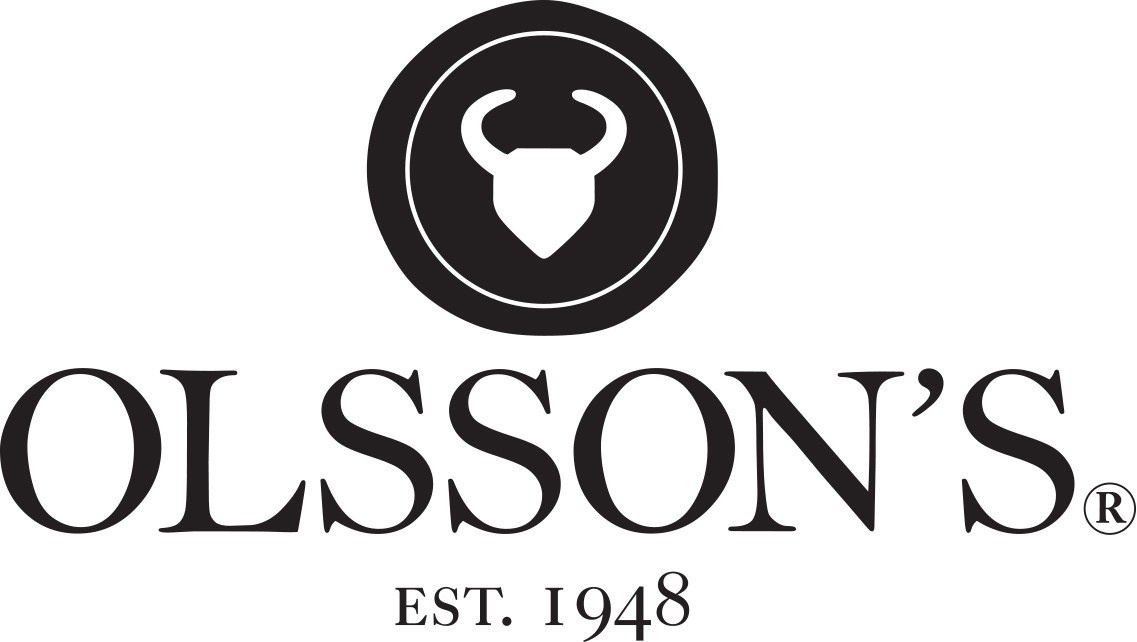FESTIVAL VILLAGE TICKETS ON SALE NOW!Buy Tickets
Signature Events (Feb 20), Restaurant Events (Mar 13)
$35.00
Sunday 2 June 2:30pm
Get hands on with our interactive Olsson's Salty Sessions! It’s here that master chefs and mixologists will be spilling all their trade secrets in a series of intimate classes across the weekend.
OzHarvest is also about raising awareness about food waste and doing its part to help reduce waste at home. And there are multiple ways to reduce food waste at home – from buying local to ensure that you buy the freshest of food available, to buying what you need and eating what you buy . It is also about learning how to store food, using up what you have in your refrigerator before you buy, planning meals, and being creative – whether that means reinventing meals with your leftovers, using your wilted lettuce and greens to make delicious soups and dishes, or turning your vegetable ‘scraps’ into soup stock, chips or salad toppings. There are so many ways you can Use it Up and avoid putting food in your bin.
Guest Chef, Cameron Matthews will demonstrate how you can do more with less – and create tasty dishes with food that might traditionally find its way to the bin. It is truly about Using it Up – and in the process Saving Food, Saving Monday and Saving the Planet.
Session Information:
- Masterclasses are limited to only 35 guests per session
- A Festival Village GA ticket is required, in addition to the Masterclass Session Ticket
More About OzHarvest
In Australia, we waste approximately 7.6 million tonnes of quality consumable food per year – costing the economy over $36 million dollars. In fact, on average, we waste, per person, almost 300 kg of food per year. While food waste happens all the way from paddock to plate, almost 40% of all food waste comes from our homes! When you think of all that food going to landfill, it is alarming to realise how much of that waste actually comes from our homes.
From an environmental perspective, food waste accounts for 10% of greenhouse gases – and eliminating food waste would be the equivalent of taking one out of every four cars off the road. When you step back and realise how much waste comes from our homes, it is no big leap to realise that not only are we part of the problem in creating food waste, but more importantly, we can be part of the solution to reducing food waste at home and helping reduce the impact of food waste on our environment.

